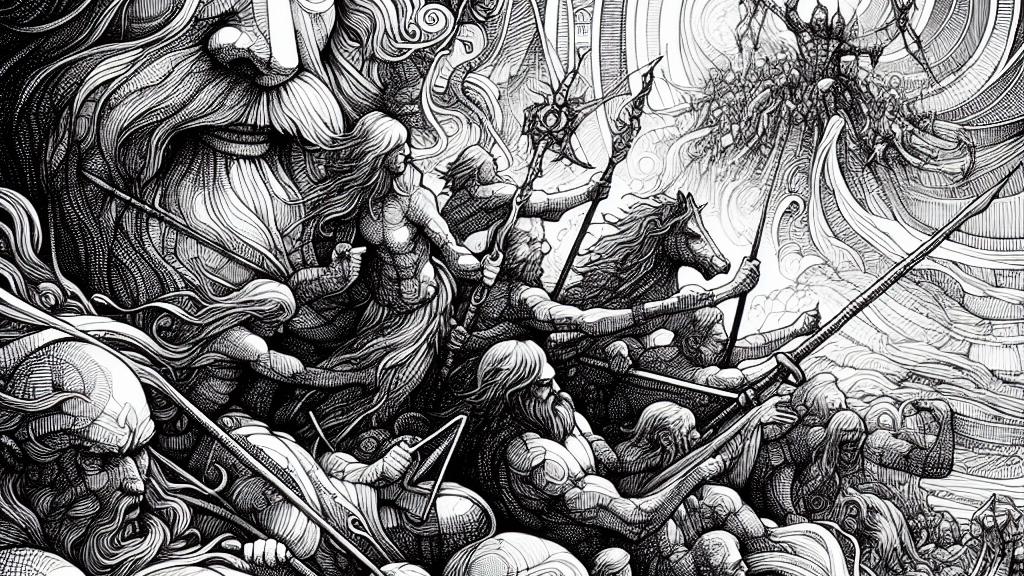Insights from Influential Manga Artists
Overview
- Explores the substantial contributions of prominent manga artists in shaping Japanese artistic culture.
- Presents enlightening interviews that reveal their creative processes and personal philosophies.
- Discusses the rich cultural significance of manga as both an art form and a medium of expression.

The Roots of 'Attack on Titan'
'Attack on Titan' is not merely a manga; it’s a groundbreaking work that has redefined storytelling in the genre. Written by the visionary Hajime Isayama, this gripping series explores the harrowing battle for humanity's survival against colossal adversaries. In a candid conversation with his editor, Shinichiro Kawakubo, Isayama articulated the struggles he faced during the series' inception. He recounted feeling daunted by the intricate themes he sought to address. Kawakubo highlighted Isayama’s steadfast commitment to his creative vision, despite challenges and daunting reader expectations. For example, Isayama’s willingness to delve into complex characters who grapple with moral dilemmas adds profound layers to the story, effectively captivating audiences and prompting them to reflect on deeper themes like freedom versus confinement. This blend of thrilling action and thoughtful narrative invites readers into a vivid world, energizing the manga landscape like never before.
Conversations Between Manga Legends
The dialogues between manga titans, such as Otomo Katsuhiro and Hayao Miyazaki, reveal a spectrum of creativity and mutual inspiration that enriches the art form. During an insightful interview, Otomo shared his admiration for the late artist Moebius, whose distinctive artistic style profoundly influenced works like 'Akira' and altered the course of manga's visual storytelling. Otomo’s ability to weave intricate narratives showcases a masterclass in integrating rich visuals with storytelling. In contrast, Miyazaki, known for his poetic storytelling and whimsical worlds, reflected on how Otomo's bold approaches pushed him to explore different narrative styles. This interplay of admiration exemplifies how artists can inspire each other to push boundaries and innovate, enhancing the medium as a whole. Such conversations not only commemorate their remarkable legacies but also encourage aspiring artists to embrace their unique voices, thereby fostering an environment ripe for creativity and exploration.
Cultural Context of Manga
Manga represents a vital component of Japanese culture, intricately woven into the fabric of society and reflecting diverse human experiences. Beyond a mere entertainment medium, it captures the essence of Japanese cultural narratives, evolving with societal changes. Academic studies emphasize the multifaceted nature of manga, with genres encompassing everything from heartwarming slice-of-life stories to thought-provoking science fiction. For instance, while young adult manga often poignantly explores themes of friendship and self-discovery, horror manga bravely delves into the darker aspects of human fears and societal concerns. Furthermore, Japan's unique embrace of derivative works fosters a collaborative atmosphere where creativity flourishes. This openness allows artists to draw inspiration from one another, leading to innovative reinterpretations that enhance storytelling. Ultimately, manga transcends traditional boundaries, serving as a powerful medium that reflects the complexities and richness of human experiences, inviting readers across the globe to engage with its expansive narratives.

Loading...